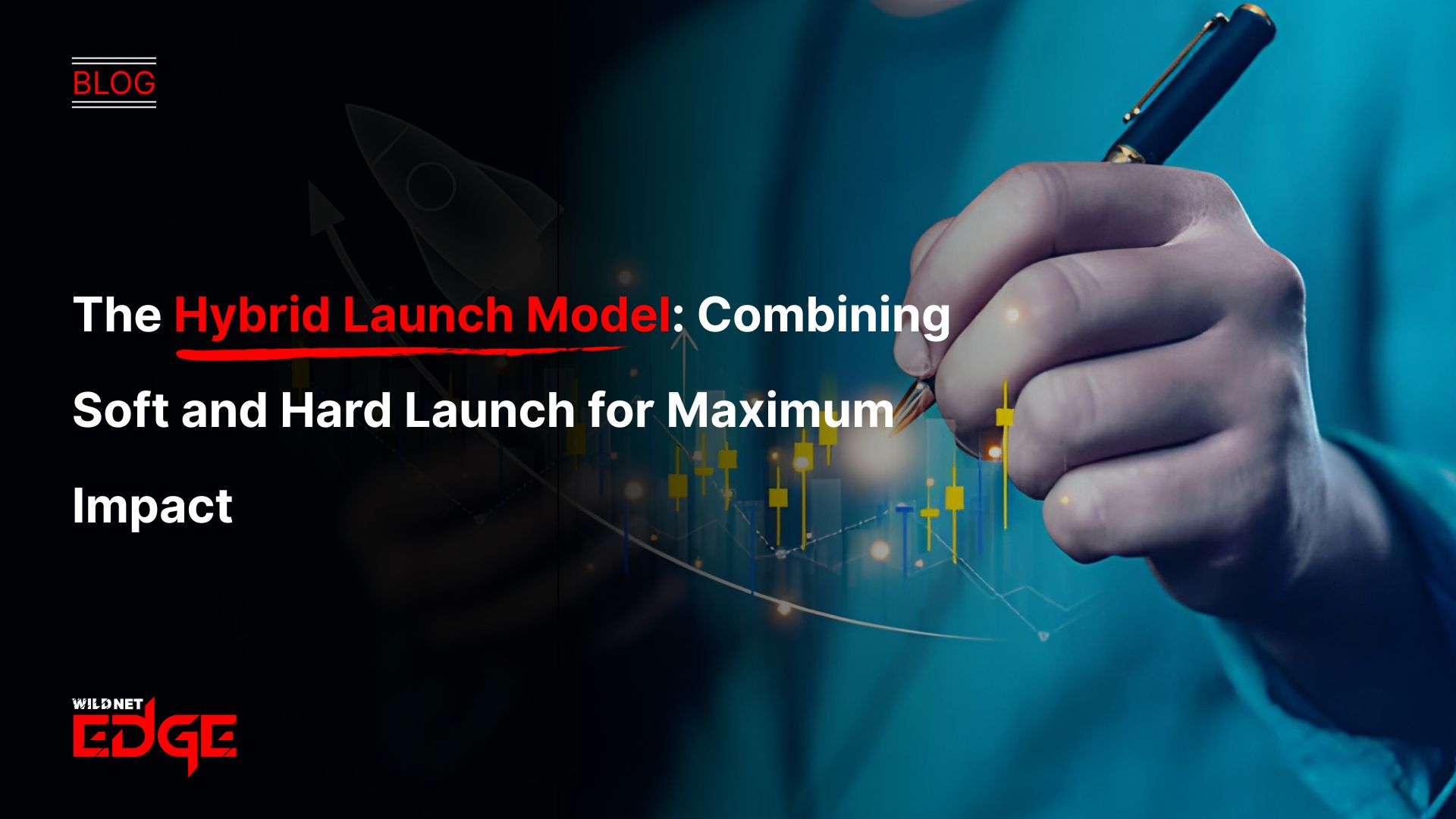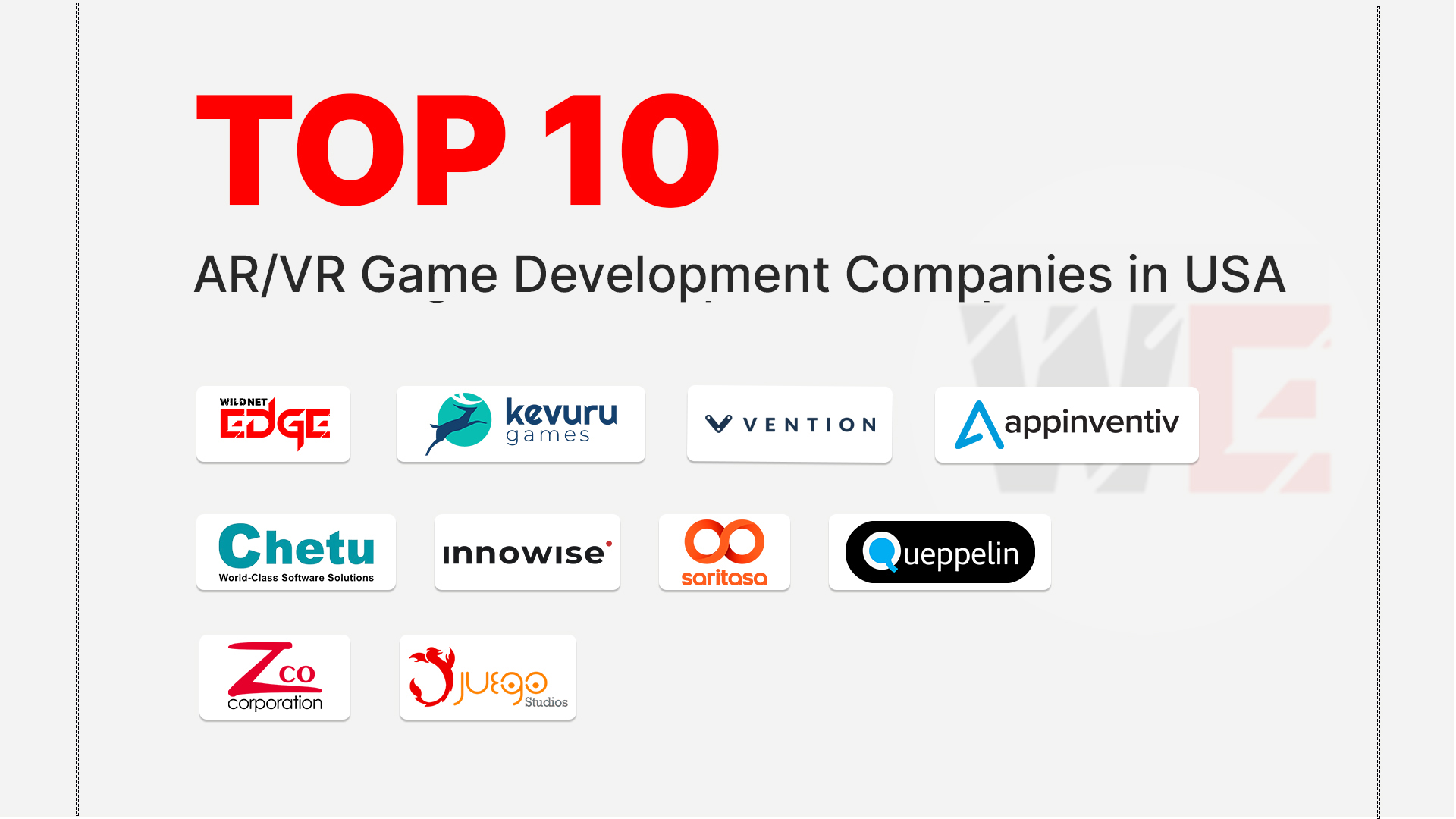Struggling to keep up with the rapid pace of AI software development? You’re not alone. With artificial intelligence in software development transforming the industry, many businesses wonder how to stay competitive. In this post, we’ll uncover what top companies are doing differently in 2026 to leverage ai-based software development and accelerate their success.
The Rise of Artificial Intelligence in Software Development
Artificial intelligence in software development has transitioned from a futuristic concept to a fundamental component in how software is created and maintained. At its core, AI software development involves incorporating machine intelligence to automate complex tasks, analyze vast data sets, and optimize workflows—making the process more efficient and less error-prone.
Top companies in 2026 recognize that leveraging AI is no longer optional but essential. The impact is profound:
- Automation of routine tasks: AI handles repetitive coding, testing, and deployment tasks, freeing developers to focus on creative problem-solving.
- Improved accuracy: With AI algorithms identifying bugs and vulnerabilities faster than manual reviews, software quality improves significantly.
- Faster time-to-market: Automated processes reduce development cycles, enabling businesses to launch new features and updates rapidly.
Yet, companies that neglect AI-driven approaches often struggle with high operational costs, slower development times, and increased risks of human error. In an era defined by speed and reliability, this gap can mean the difference between market leadership and obsolescence.
As AI-powered tools evolve, they become indispensable pillars of modern software development. Companies harnessing these advancements gain agility and resilience in a fiercely competitive landscape.
How AI-Based Software Development Is Changing the Game
Leading organizations in 2026 implement AI-based software development by embedding intelligent algorithms and automation directly into the software lifecycle. This transformation manifests across multiple dimensions:
- Machine learning algorithms integrated into coding and testing: AI models assist developers by suggesting code snippets, predicting potential bugs, and even generating test cases automatically. For example, companies like Microsoft and Google utilize AI-powered code assistants such as GitHub Copilot and DeepMind’s AlphaCode to enhance developer productivity.
- AI-powered tools for bug detection, code optimization, and project management: Modern development platforms incorporate AI to detect code inefficiencies, security vulnerabilities, and compliance issues in real-time. AI-driven CI/CD pipelines can instantly flag problematic code commits, reducing debugging times. Tools like SonarQube enhanced with AI modules exemplify this shift, enabling continuous quality monitoring.
- Real-world comparison of traditional vs. AI-based approaches: Studies show that AI-driven development cycles reduce defect rates by up to 30% and accelerate release frequency by 25%. Traditional manual testing and debugging remain slower and prone to oversight, especially in large-scale projects. AI integration ensures early detection of issues, minimizing expensive post-release fixes.
This paradigm shift means development teams spend less time on tedious manual verification and more on innovation and user experience. Companies embracing AI-based software development move faster, maintain higher code quality, and improve customer satisfaction.
The AI-Driven Development Process Explained
Understanding how an ai-driven development process unfolds demystifies how organizations optimize software delivery in 2026. The process typically includes these key steps:
- Data gathering and preprocessing with AI assistance: AI algorithms collect and cleanse relevant data from previous development cycles, user feedback, and performance analytics. This data fuels machine learning models that provide predictive insights, such as feature usage trends or potential risk areas in codebases.
- Automated code generation and continuous integration: AI-powered tools can generate code snippets or even full modules based on natural language prompts or project requirements. Coupled with continuous integration (CI) systems, newly generated code is automatically tested and merged, streamlining development pipelines. This reduces repetitive manual coding and accelerates iteration cycles.
- AI-enhanced quality assurance and deployment monitoring: Beyond initial testing, AI monitors deployed software in real-time, detecting anomalies or performance bottlenecks. Through automated feedback loops, AI triggers alerts or even auto-rollbacks if critical issues are detected post-deployment. This enhances reliability and minimizes downtime.
By integrating AI at every phase—from data-driven planning to deployment—organizations achieve enhanced agility and resilience. These AI-driven processes ensure that software is not only developed faster but is robust, secure, and continuously evolving to meet user needs.
Trends Shaping AI Software Development in 2026
As we advance through 2026, several pivotal trends shape the landscape of AI software development:
- Rise of explainable AI in software solutions: Transparency and interpretability of AI decisions have become priorities. Leading companies implement explainable AI models that allow developers and stakeholders to understand how AI makes suggestions or flags issues. This builds trust and facilitates compliance with emerging regulations.
- Enhanced collaboration between AI systems and human developers: Rather than replacing developers, AI now acts as an intelligent partner—augmenting human creativity with data-driven recommendations. Hybrid workflows enable dev teams to leverage AI for routine tasks while focusing on high-value design and innovation.
- Adoption of low-code and no-code AI-driven development platforms: To address talent shortages and accelerate delivery, businesses increasingly use platforms that combine AI with drag-and-drop interfaces. These platforms empower non-developers to build software prototypes or automate processes, democratizing AI software development.
- Growing focus on ethical AI in the development lifecycle: Ethical considerations in AI software development—including bias mitigation, data privacy, and accountability—receive heightened focus. Top companies embed ethical frameworks into AI development, addressing risks proactively and avoiding reputational damage.
By adopting these trends, companies not only improve development efficiency but also ensure their AI solutions are sustainable and user-centric. Staying ahead means embracing innovation while balancing technical performance with ethical responsibility.
Conclusion
Top companies in 2026 are harnessing AI software development not just as a tool but as a strategic advantage. By embracing ai-driven development processes and innovative AI-based software development practices, they’re pushing boundaries and driving efficiency like never before. These organizations reduce time-to-market, improve product quality, and maintain agility amid increasing complexity.
For businesses looking to thrive in this competitive landscape, partnering with an experienced provider like WildnetEdge can make all the difference. With deep expertise in AI software development and a commitment to results-driven innovation, WildnetEdge helps organizations seamlessly integrate AI into their development workflows. Ready to take your AI software development to the next level? Connect with WildnetEdge today and transform your software lifecycle with cutting-edge AI solutions.
FAQs
Q1: What is artificial intelligence in software development?
Artificial intelligence in software development refers to using AI technologies to automate, enhance, and optimize software creation, testing, and deployment processes.
Q2: How does ai-based software development improve project outcomes?
AI-based software development increases accuracy, speeds up deployment, and reduces human error by integrating machine learning and automation tools into the development lifecycle.
Q3: What steps are involved in an ai-driven development process?
Key steps include AI-assisted data collection, automated code generation, continuous integration, and AI-powered quality assurance and monitoring.
Q4: Why are top companies adopting AI software development in 2026?
They leverage AI to gain faster time-to-market, improve product quality, reduce costs, and maintain a competitive edge amid growing industry complexity.
Q5: How can WildnetEdge support AI software development initiatives?
WildnetEdge offers expert AI-driven development solutions and consulting to help businesses integrate advanced AI technologies effectively and efficiently.

Nitin Agarwal is a veteran in custom software development. He is fascinated by how software can turn ideas into real-world solutions. With extensive experience designing scalable and efficient systems, he focuses on creating software that delivers tangible results. Nitin enjoys exploring emerging technologies, taking on challenging projects, and mentoring teams to bring ideas to life. He believes that good software is not just about code; it’s about understanding problems and creating value for users. For him, great software combines thoughtful design, clever engineering, and a clear understanding of the problems it’s meant to solve.
 sales@wildnetedge.com
sales@wildnetedge.com +1 (212) 901 8616
+1 (212) 901 8616 +1 (437) 225-7733
+1 (437) 225-7733















 ChatGPT Development & Enablement
ChatGPT Development & Enablement Hire AI & ChatGPT Experts
Hire AI & ChatGPT Experts ChatGPT Apps by Industry
ChatGPT Apps by Industry ChatGPT Blog
ChatGPT Blog ChatGPT Case study
ChatGPT Case study AI Development Services
AI Development Services Industry AI Solutions
Industry AI Solutions AI Consulting & Research
AI Consulting & Research Automation & Intelligence
Automation & Intelligence















